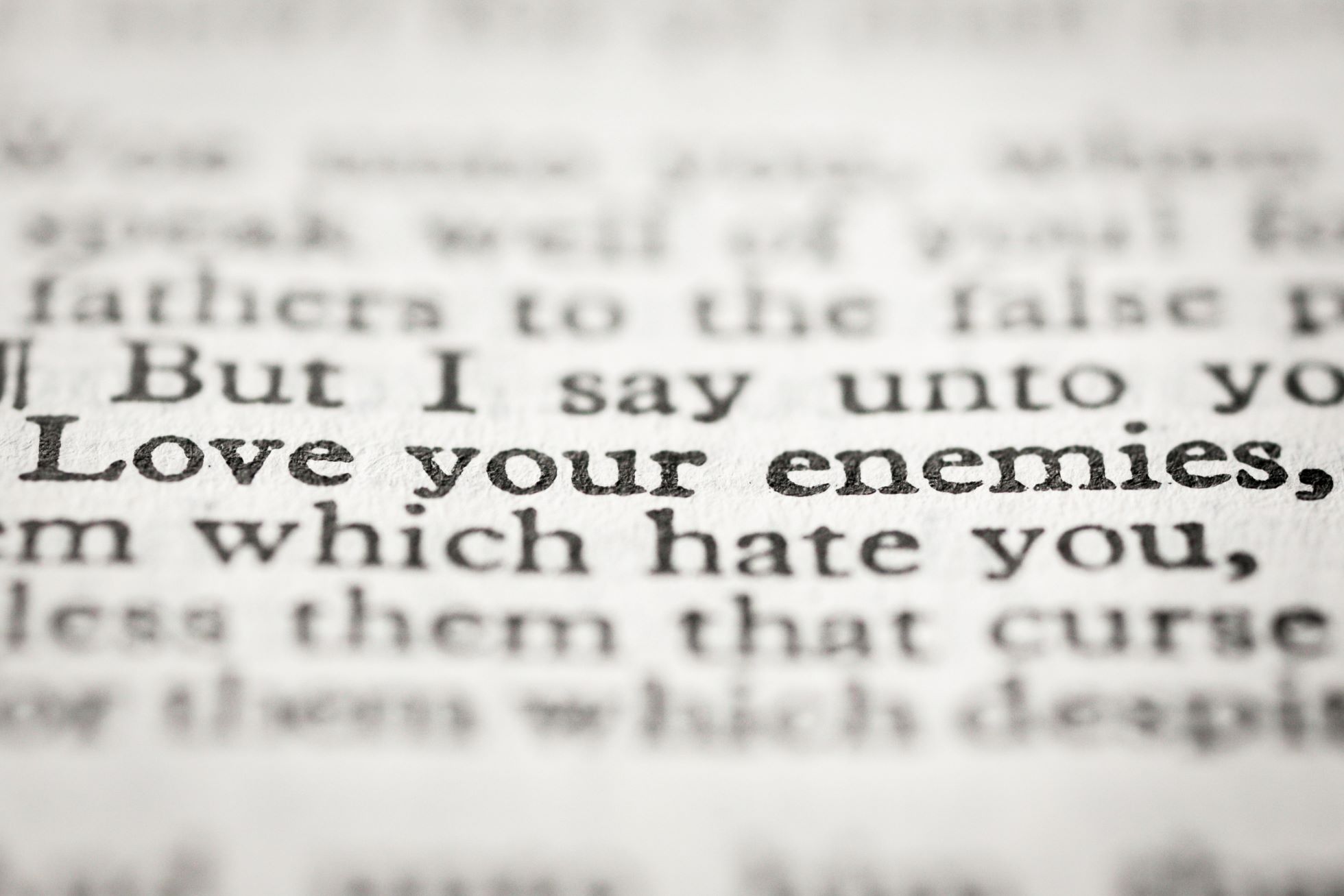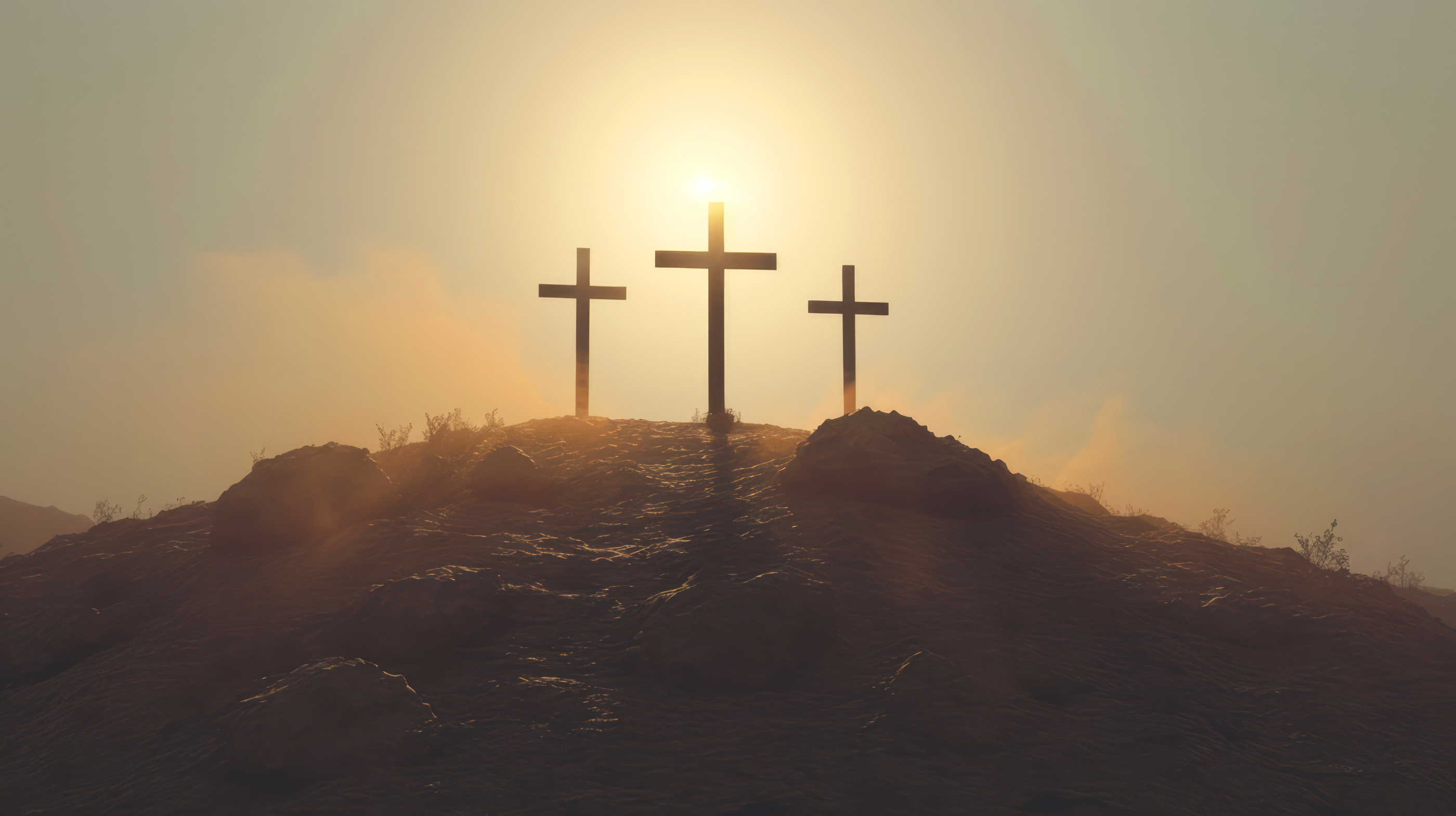Longtime Friends, Colonial Figures Agreed to Disagree
by Catherine ElvyAn 18th-century evangelist whose legendary oratory skills helped ignite the Great Awakening across two continents also played a role in the creation of the University of Pennsylvania.
George Whitefield, one of the most touted spiritual figures of the U.S. colonial period, preached to as many as 10 million spectators across North America and the British Isles, according to Christianity Today.
Along the way, Whitefield enlisted Benjamin Franklin as his printer and publicist in the colonies in the early 1740s. Collaboration between the longtime pals helped birth a forerunner to Penn a decade later, though the pair differed on the role of faith in early American higher education.
A telling exchange between the gentlemen occurred in 1750 when the itinerant clergyman replied to Franklin's rousing proposal for an academy to debut inside an assembly hall that Whitefield's supporters erected for his Philadelphia appearances, according to Thomas Kidd, a Baylor University historian.
While overall pleased with the plans and supportive of utilization of the so-called New Building when not in use for evangelistic crusades, Whitefield expressed concern that Christianity seemed to be an afterthought in the scholarly endeavor, according to Kidd, who has extensively researched both Whitefield's and Franklin's imprint upon the foundation of the United States.
On page 22 of a 32-page pamphlet, Franklin noted students would receive instruction in the value of public and private religion, "and the excellency of the Christian religion above all others."
However, that reference inside Proposals Relating to the Education of Youth in Pennsylvania appeared too brief and too tardy for the comfort of the celebrated revivalist.
In February 1750, Whitefield penned a lengthy response to Franklin highlighting his own vision for Christian liberal arts education. Whitefield also called out Franklin for only inserting a passing reference to religious instruction in the academy's proposal.
"As we are all creatures of a day, as our whole life is but one small point between two eternities, it is reasonable to suppose that the grand end of every Christian institution for forming tender minds should be to convince them of their natural depravity, of the means of recovering out of it, and of the necessity of preparing for the enjoyment of the Supreme Being in a future state," Whitefield wrote to Franklin, the rising statesman, printer, and inventor.
Whitefield envisioned a secondary school that offered solid grounding in core doctrinal principles. "Arts and sciences may be built on this, and serve to embellish the superstructure, but without this there cannot be any good foundation."
Ultimately, Franklin's vision prevailed, establishing a forerunner of Penn with a mixture of pragmatic and classical studies, rather than a predominant focus on seminary training, according to Kidd.
Nonetheless, the pages of Whitefield's reply contained an almost prophetic warning, one with implications for modern believers in the academy.
Namely, Whitefield noted God would bless an institution based upon integrity and piety. "But, without these, the most promising schemes will prove abortive, and the most flourishing structures turn out Babels."
Whitefield ended his letter with a prayer for the Lord to direct Franklin to the "best means to promote the best end, I mean the glory of God and the welfare of your fellow creatures."
In 1751, the Academy and Charitable School in the Province of Pennsylvania opened to Philadelphia youth, and Franklin served as president of the institution until 1755.
Whitefield and Franklin shared a deep, intense friendship but differed on a slate of spiritual matters until Whitefield's death in 1770. Franklin noted Whitefield prayed for his conversion but never had the "satisfaction" of hearing such a testimony, according to Kidd.
While Franklin identified as a Deist as an adult, Kidd noted the remarkable figure's beliefs were dynamic, especially in the years preceding his death in 1790.
"He ends up thinking that Christ's moral teachings are invaluable and a sure guide. He's still not sure of Christ's divinity, but something has happened by the end of his life," said Kidd, who is writing The Faith of Benjamin Franklin for Yale University Press.
Perhaps, some of that respect for faith dates back to Franklin's robust friendship with Whitefield.
Whitefield was a "bigger deal in his time than Billy Graham," Kidd said. "Whitefield was, by far, the most famous person in prerevolutionary America." In 2014, Yale released Kidd's title, George Whitefield: America's Spiritual Founding Father, to coincide with the evangelist's 300th birthday.
A heartfelt friendship remained at the center of the gentlemen's relationship, and Franklin admired Whitefield's unreserved commitment to faith.
"I, who was intimately acquainted with him never had the least Suspicion of his Integrity, but am to this day decidedly of Opinion that he was in all his Conduct a perfectly honest Man," Franklin wrote of the preacher notorious for electrifying colonial audiences.
"It was wonderful seeing the different talents the Lord has given to each of us," said Gladson. "I can only imagine what this world would be like if everyone used their abilities to glorify Him."












